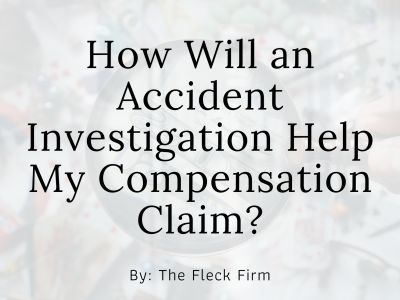Many people ask what happens to my animal when I pass away? Well, one way to answer that question is to create a pet trust.
How to Create a Pet Trust
There’s someone you must not leave out of your estate planning: your pet. Through a pet trust, you can add a provision in your will that allows you to name a carer and allocate money for the care of your pet. This will protect you in the case you die, become disabled, or fall ill and are unable to take care of your companion.
Other attorneys take contingent fees of 33% to 50% of your settlement.
We want you to keep more of your money.
Our contingent fee is only 30% on cases settled prior to filing suit.
Choose a Beneficiary
The beneficiary will be the primary caregiver for your pet. It’s best if you can pick someone both you and your pet know and trust.
Before you assign a beneficiary, talk to the person you are considering. Discuss what the role will involve, including the less appealing aspects of pet care. The beneficiary you choose should be willing and able to take on the commitment.
It’s a good idea to also name a successor beneficiary. This is your backup option in the case a life event means your primary beneficiary is unable to carry out the duties. Naming a successor beneficiary will give you peace of mind that someone will be able to care for your pet, no matter what happens.
Name a Trustee
In addition to a beneficiary, you’ll need to name a trustee. This is the person you entrust with the funds for your pet’s care. Your trustee could also check that the beneficiary is meeting the requirements for your pet’s welfare.
Allocate Funds to the Trust
It’s important to make sure that you leave sufficient funds for the care of your pet. In Kentucky, a pet trust only terminates upon the death of the last surviving animal that the trust covers (unlike in some states, where pet trusts are limited to 21 years). This is good news, as it means that your pets will be covered no matter how long they live.
When deciding how much to allocate, consider how much you pay in an average year for things like food, veterinary checkups, and other essentials. If the beneficiary travels more than you, it may be necessary to include funds for things like a pet sitter or dog walker.
It’s always better to set aside more money than you’ll think your pet will ever need than not enough. Any funds that remain in the trust will go to a remainder beneficiary, which can be a person or charity.
Specify Care Instructions
Much of your pet’s care will be second nature to you, but even a beneficiary who knows your pet will may be unfamiliar of all the small details. To help your pet feel at homes as soon as possible, the beneficiary needs to know everything — from what brand of food to buy and what times to feed your pet to where your pet likes to sleep.
In your care instructions, you should also list your pet’s possessions. This is critical, as there is always the risk that the disbursement of your property could overlook some of your pet’s toys or cause a favorite blanket to be thrown out as garbage.
Unfortunately, you cannot simply leave money for your pet to inherit in your will — a pet trust is a necessity. Make sure to talk to an attorney who has knowledge of animal law as well as expertise in estate law to create a pet trust. This is essential for ensuring your companion receives proper care after you’re gone or if you’re ever unable to care for your pet.
Call The Fleck Firm today to see how we can help you.








